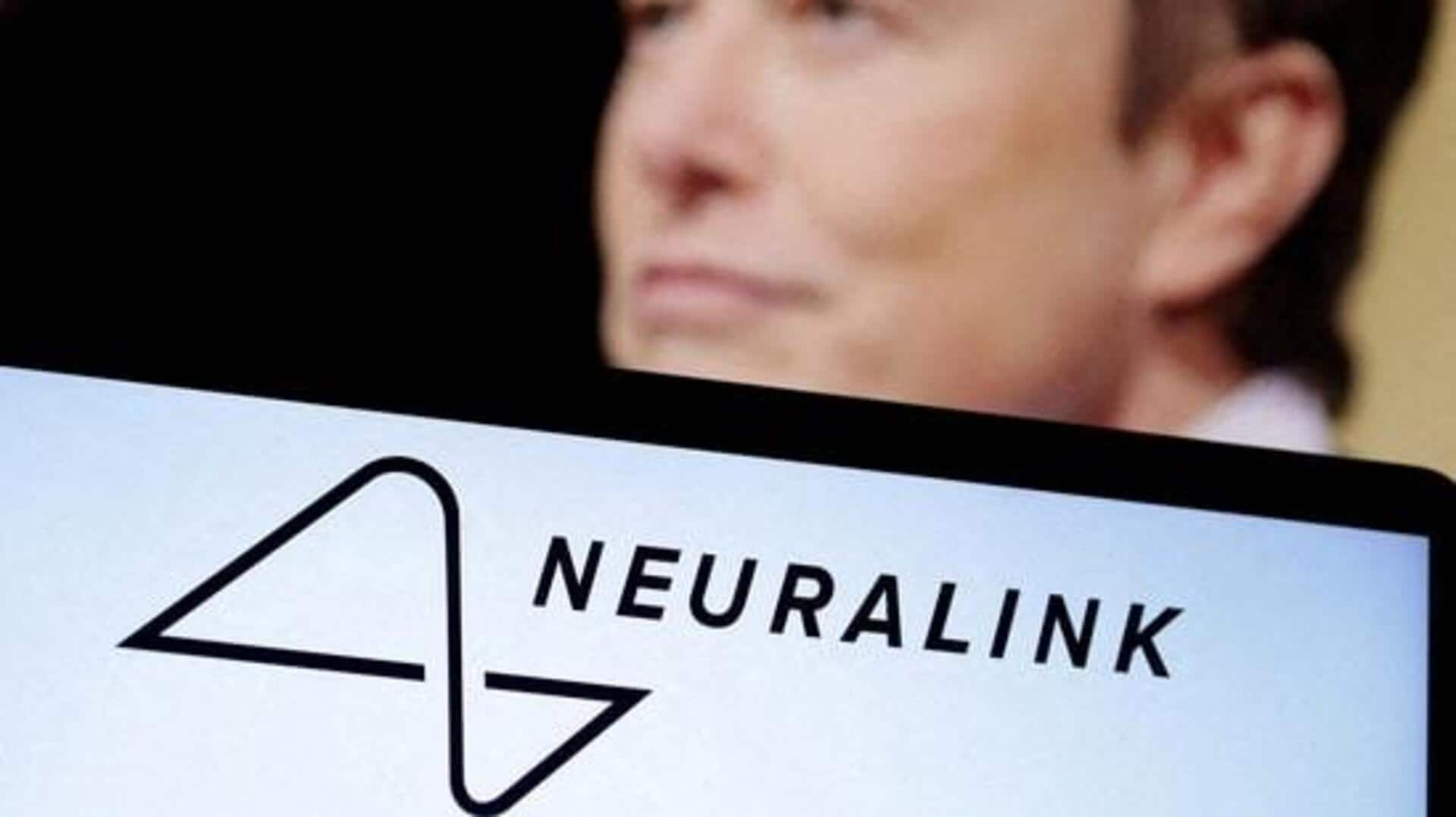
Elon Musk's Neuralink successfully implants brain chip in 3rd patient
What's the story
Elon Musk's neurotechnology company Neuralink has successfully implanted its brain-computer interface (BCI) device in a third human patient. Musk announced the milestone during an event in Las Vegas. "We've got now three humans with Neuralinks implanted and they're all working well," he said. The company plans to perform another 20 to 30 procedures this year.
Implant functionality
Brain implants show promising results
The first recipient of Neuralink's device in the US has shown some incredible capabilities. The patient can now play video games, browse the internet, post on social media, and even move a laptop cursor - all with just his mind. This breakthrough comes as part of Neuralink's larger mission to develop brain implants that could one day treat neurological conditions like paralysis and ALS.
Clinical trials
Ongoing studies aim to empower paralyzed individuals
Currently, Neuralink is conducting two FDA-approved studies. The PRIME Study, which includes up to five patients, seeks to allow paralyzed people to control external devices such as computers or smartphones with their thoughts. Another study, Convoy, focuses on three patients and aims to help them operate devices like assistive robotic arms.
Technological advancement
Neuralink's innovative surgical robot and brain-computer interface
Neuralink employs a surgical robot to implant its BCI into the region of the brain responsible for movement intention. The company defines BCIs as devices that decode brain signals and translate them into commands for external technologies. The implant's "ultra-fine" threads, which carry these signals, are emphasized by Neuralink as a major innovation in this domain.
Study approval
Feasibility study and future plans
In November 2024, Neuralink got the green light to conduct a feasibility study with its brain implant and an experimental robotic arm. The study is part of the ongoing PRIME Study, which measures the safety of its wireless BCI and surgical robot. It focuses on patients with quadriplegia, hoping to allow them to control external devices with just their thoughts.